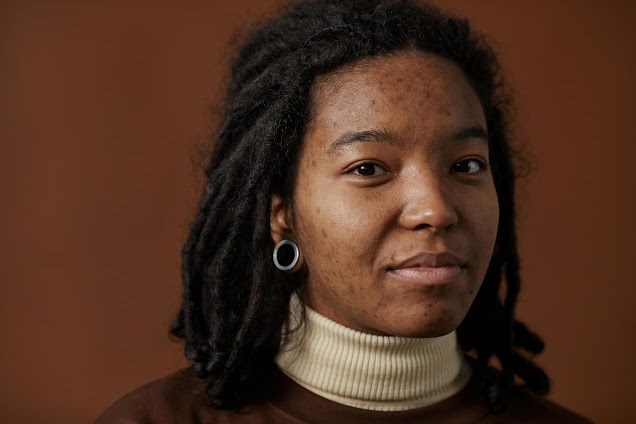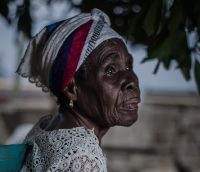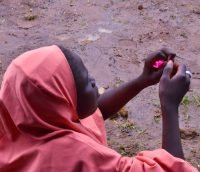
By Cynthia Umeh
Domestic violence leaves deep and enduring scars—physical, emotional, and psychological. For survivors, the journey to recovery can feel daunting, but healing is possible. It begins with recognizing the pain, seeking help, and cultivating a supportive environment to rediscover one’s sense of self.
Victims of domestic violence often struggle with feelings of isolation and shame. Breaking the silence is a vital step toward healing. It starts with understanding that the abuse was never your fault. Sharing your experiences with someone you trust, like a friend, counselor, or support group, can really help you sort through the emotional burden and bring clarity.
Professional support is crucial in navigating the healing process. Therapists, advocacy organizations, and support networks provide the tools survivors need to process trauma and rebuild confidence. Therapy creates a safe, judgment-free space to address feelings of guilt, fear, and anger. Similarly, joining a support group connects survivors with others who understand their journey, fostering a sense of community and belonging.
Creating a life free from violence is fundamental for sustained recovery. This might involve seeking legal assistance, finding secure housing, or building a trusted support network. Additionally, self-care practices like journaling, mindfulness, or engaging in hobbies can foster emotional resilience and promote healing.
At Shades of Us, we believe in the transformative power of storytelling. Sharing your story can be profoundly healing, helping survivors reclaim their narratives and inspire others. For audiences, these stories challenge harmful stigmas, build understanding, and offer hope to those who are still struggling.
Through diverse platforms like blogs, podcasts, and community events, Shades of Us amplifies the voices of survivors who have long been silenced. Our commitment to storytelling nurtures individual healing and strengthens collective resilience. By empowering survivors to share their truths, we create a ripple effect of awareness and change.
Healing from domestic violence is not a straight path, it is a journey that demands time, patience, and self-compassion. With the right resources, a supportive community, and a space to share their stories, survivors can rebuild their lives and thrive.
If you or someone you know is experiencing domestic violence, know that help is available. You do not have to face this alone.





